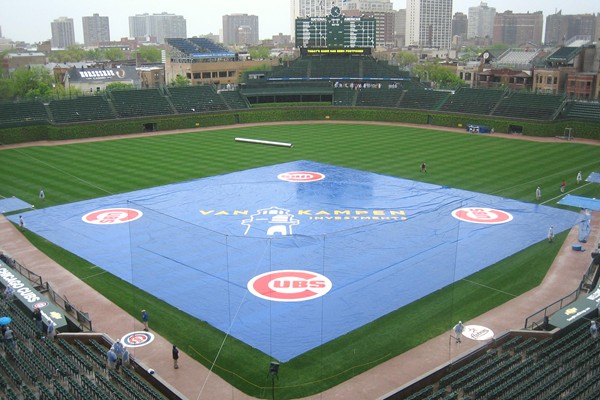Probably the last Kyiv photo for now: St. Sofia Cathedral, build in stages starting in 1037.
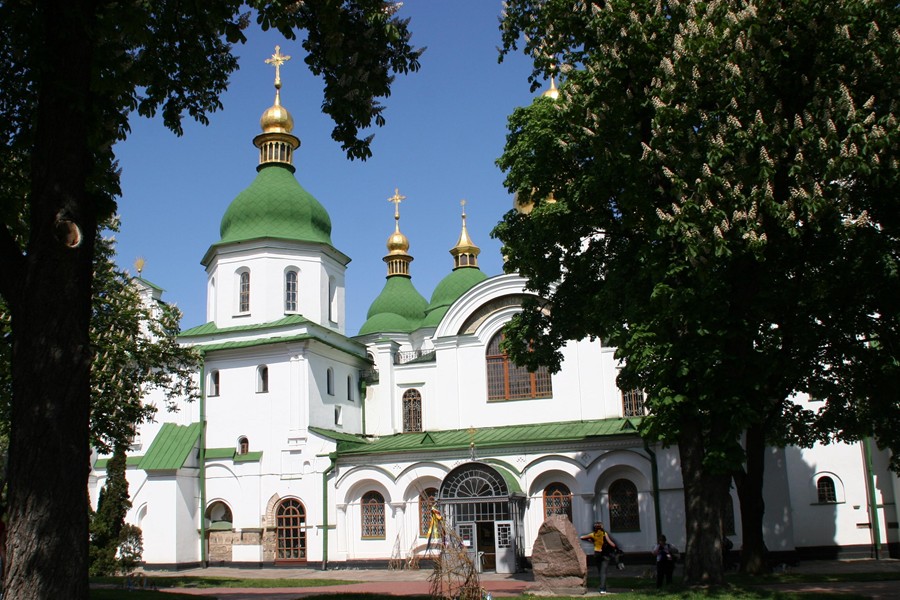
In the courtyard nearby they have a carillon, which every child encountering it needed to smack around. Detail:
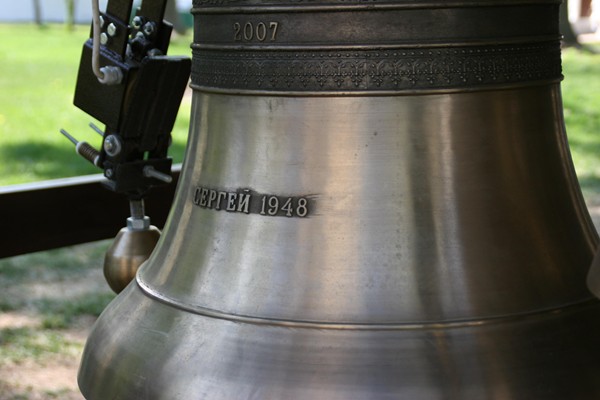
It's 28°C in the Inner Drive Technology Worldwide Data Center, and I would put my air conditioners in except that I'll have to take them out tomorrow morning when a painter comes to (finally!) paint some new windows.
My servers and I are kind of warm, though. I might cave in the next few minutes here.
I found today's Prime Minister's Questions more entertaining than watching Parker go after geese in the park, and for similar reasons. Every member seemed itching for a fight, and the leaders of both opposition parties called for elections. Well, we'll see; it seems unlikely the government will resign until it has to a year from now.
Anyway, this exchange started the fun:
[Conservative party leader] Mr. David Cameron: This morning the Prime Minister said that a general election would cause “chaos”. What on earth did he mean?
The Prime Minister: What would cause chaos would be the election of a Conservative Government, and public spending cuts.
Mr. Cameron: So there we have it: the first admission that the Prime Minister thinks he is going to lose!
I know that the Prime Minister is frightened of elections, but how can he possibly believe that in the fourth year of a Parliament, in one of the oldest democracies in the world, a general election could somehow bring chaos? Have another go at a better answer.
...
The Prime Minister: I notice that at no point does the right hon. Gentleman enter into the policy issues that are at stake here. At no point does he want to talk about what would be the effect of a Conservative Government in this country cutting public spending in schools, hospitals and public services generally, or about what they would do in leaving people on their own in this recession. Our duty is not only to clean up the system in the House of Commons—and every Member has a responsibility to work on that now—but to take this country through the difficulties of the recession, and not say to people that unemployment is a price worth paying.
They're both right. I naturally would prefer the Labour Party over the Tories, of course, but the fact is, Labour isn't doing a very good job. The other fact is, changing governments would be disastrous right now, and Cameron knows it.
The Economist has a good summary of Martin's resignation and the lurch towards premature elections.
Most Americans probably don't know about the scandal that has ripped through the UK House of Commons. It seems members in all parties stretched their Parliamentary expense reports quite a lot, including in one case a Conservative member, Douglas Hogg, who claimed reimbursement for having his moat cleaned. Hogg subsequently announced he would not stand for re-election.
The Daily Telegraph broke the worst of the story a few weeks ago, and yesterday, just after the Metropolitan Police decided that the newspaper will not face an enquiry for revealing MPs' expense records, the Speaker of Parliament announced his resignation:
Speaker Martin's position became untenable after he lost the support of MPs over his handling of their expenses system.
The disclosure in The Daily Telegraph that his staff had encouraged members to claims for "phantom" mortgages provoked fierce criticism.
This morning a motion calling for his immediate resignation appeared on the Commons order paper signed by 23 MPs from across the political spectrum.
Douglas Carswell, the Tory MP who tabled the motion, said he hoped Mr Martin's successor would have the moral authority to push through reforms that would "restore dignity to politics".
This is the first time in 300 years that the Speaker of Parliament has been forced out of office. And with respect to Mr Carswell, I think it will take slightly more than a new Speaker to restore dignity, but that has more to do with politics in general than the House of Commons in specific.
I'm highlighting this story because it demonstrates why we need newspapers. It took actual reporting and actual publication to bring this story to light, and I think the people of Britain—most of them, anyway—are glad the Telegraph did it.
...Parker was waiting for me to return. Everyone say "awww:"
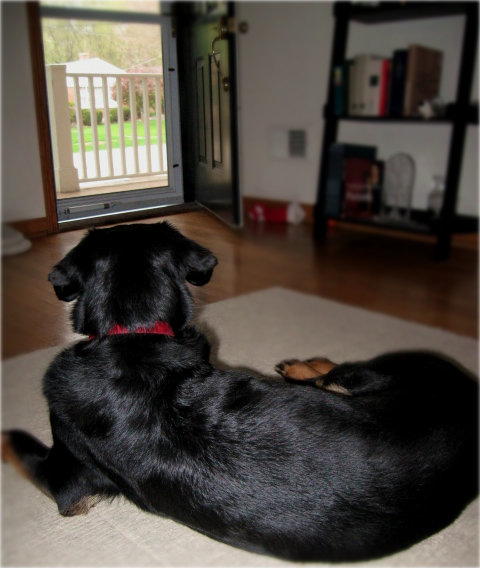
Photo: Debbie Kurtz
Or was he really the biggest reason for the failures of the last administration? Robert Draper's account in GQ of Rumsfeld's incompetence doesn't address this specific question, but it does lay out in painful detail how Rumsfeld may have been Bush's worst liability with the possible exception of Dick Cheney:
"What rumsfeld was most effective in doing," says a former senior White House official, "was not so much undermining a decision that had yet to be made as finding every way possible to delay the implementation of a decision that had been made and that he didn’t like." ...
The Department of Justice got a taste of such stalling tactics two months after September 11, when the president issued an order authorizing the establishment of military commissions to try suspected terrorists. Rumsfeld resisted this imposition of authority on his DoD turf. "We tried to get these military commissions up and running," recalls one former DoJ official. "There'd be a lot of 'Well, he’s working on it.' In my own view, that’s cost the administration a lot. Hearings for detainees would’ve been viewed one way back in 2002. But by 2006"—the year commissions were at last enacted—"it's not so appealing."
Some of Rumsfeld's greatest damage came during the Katrina response:
The search-and-rescue helicopters were not being used because Donald Rumsfeld had not yet approved their deployment—even though, as Lieutenant General Russ Honoré, the cigar-chomping commander of Joint Task Force Katrina, would later tell me, "that Wednesday, we needed to evacuate people. The few helicopters we had in there were busy, and we were trying to deploy more."
The problem was that the Guard deployment (which would eventually reach 15,000 troops) had not arrived—at least not in sufficient numbers, and not where it needed to be. And though much of the chaos was being overstated by the media, the very suggestion of a state of anarchy was enough to dissuade other relief workers from entering the city. Having only recently come to grips with the roiling disaster, Bush convened a meeting in the Situation Room on Friday morning. According to several who were present, the president was agitated. Turning to the man seated at his immediate left, Bush barked, "Rumsfeld, what the hell is going on there? Are you watching what's on television? Is that the United States of America or some Third World nation I’m watching? What the hell are you doing?”
Great article, long overdue.
I can't remember exactly where this is—I think it's Kontraktova Square—but I remember it was beautiful. Note the chestnut trees in full bloom on the right. That's Kyiv in spring for you.
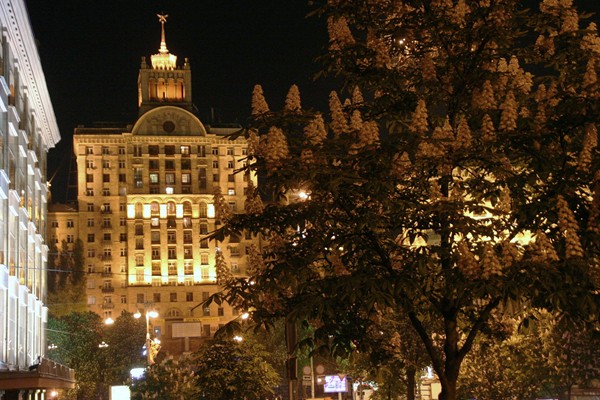
No one should visit Kyiv without seeing the Kievo-Percherska Lavra (Києво-Печерська лавра), the Monestery of the Caves, founded in 1015:
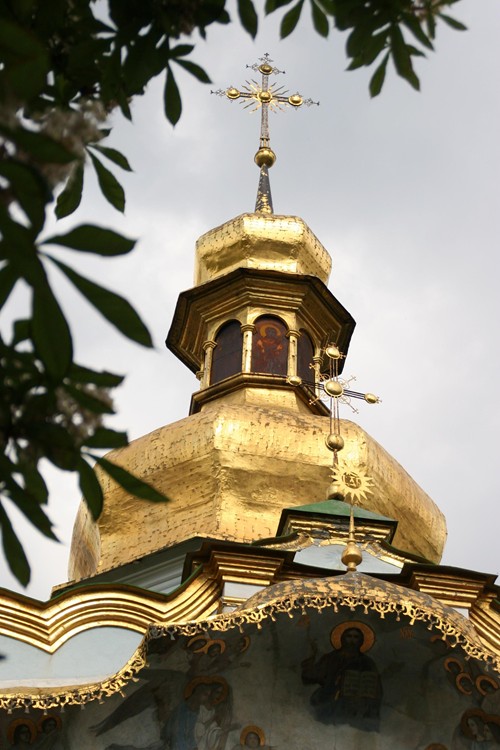
We didn't go into the caves (and I couldn't have photographed them anyway), but we did explore the grounds. (For what it's worth, Lonely Planet recommends getting there early and going straight to the caves. Next time.)
Complete view of the main entrance to the upper Lavra:
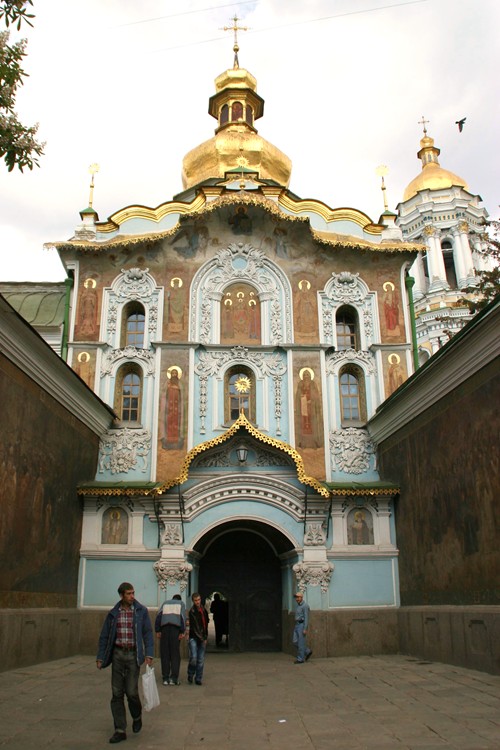
Dormition Cathedral:
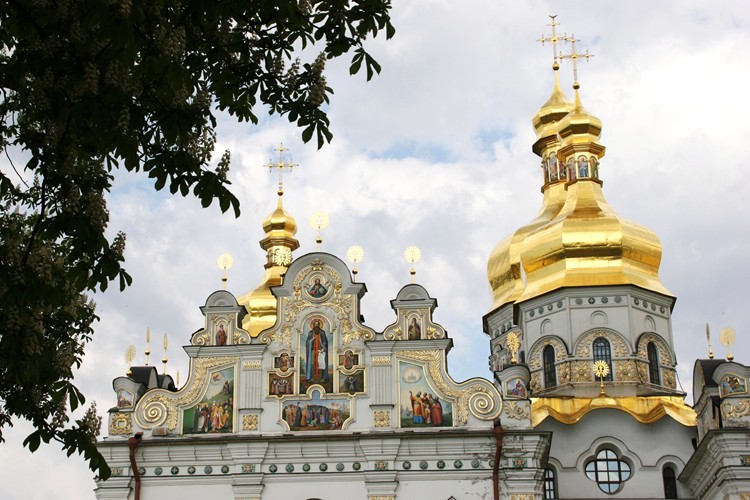
Tom Vanderbilt on Slate points out that U.S. rail travel was better in the Harding administration than it is today:
[T]he most striking aspect of [1940s train timetables] is found in the tiny agate columns of arrivals and destinations. It is here that one sees the wheels of progress actually running backward. The...Montreal Limited, for example, circa 1942, would pull out of New York's Grand Central Station at 11:15 p.m., arriving at Montreal's (now defunct) Windsor Station at 8:25 a.m., a little more than nine hours later. To make that journey today, from New York's Penn Station on the Adirondack, requires a nearly 12-hour ride. The trip from Chicago to Minneapolis via the Olympian Hiawatha in the 1950s took about four and a half hours; today, via Amtrak's Empire Builder, the journey is more than eight hours. Going from Brattleboro, Vt., to New York City on the Boston and Maine Railroad's Washingtonian took less than five hours in 1938; today, Amtrak's Vermonter (the only option) takes six hours—if it's on time, which it isn't, nearly 75 percent of the time.
What happened? I put the question to James McCommons, author of the forthcoming book Waiting on a Train: The Embattled Future of Passenger Rail Service. As with most historical declines, there is no single culprit but rather a complex set of conditions.
In sum, cars, trailer trucks, and airplanes happened. On the other hand, as Vanderbilt mentions, other countries seem to manage. The Madrid to Barcelona train in Spain (which travels mainly on the plain) gets passengers between the cities quickly enough to compete seriously with air travel. Imagine if the Acela went near its top speed from Washington to New York, and got people to Penn Station in under two hours. Do you think the Delta Shuttle would have problems competing against that?
Interesting article.
Sometimes you win. Sometimes you lose. And sometimes, it rains.
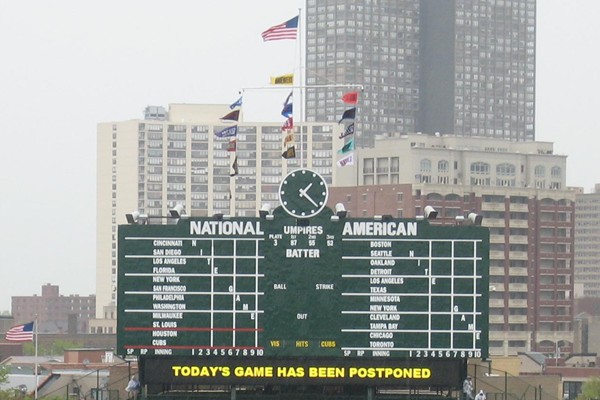
And of course, Wrigley has its own TARP:
